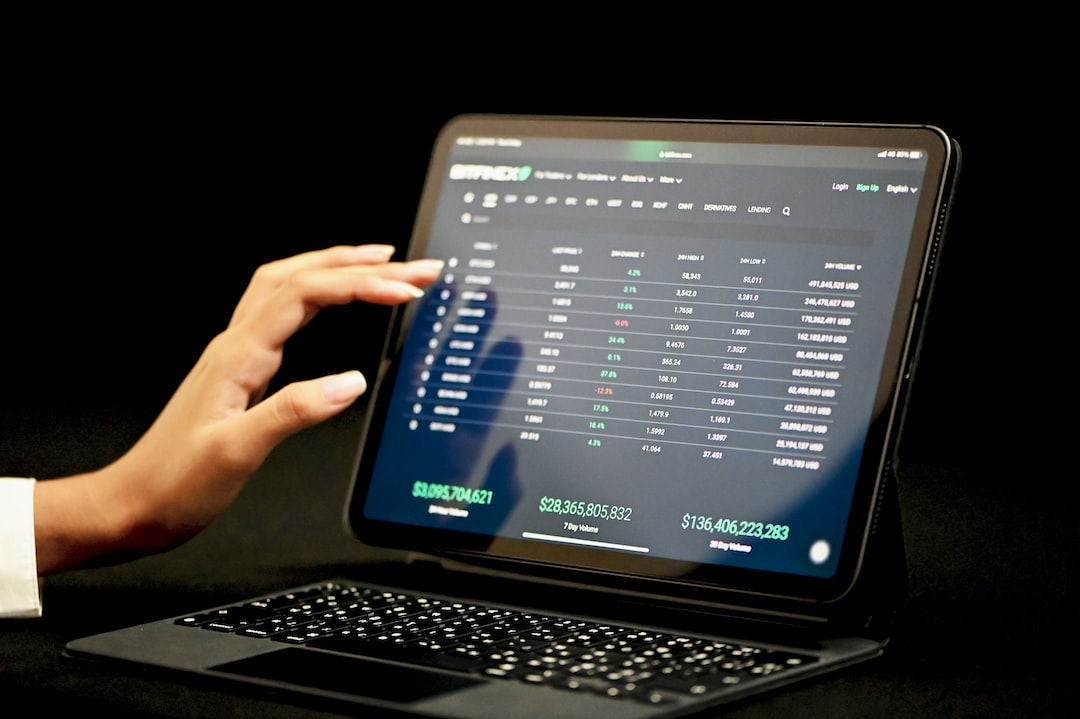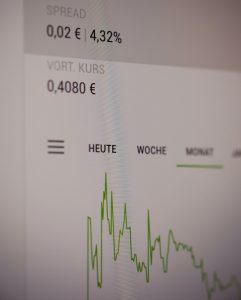If you are interested in trading stocks, futures, and forex, you may wonder where you can trade these financial instruments. In this article, we will explore the different options available for trading these assets and the pros and cons of each.
Stocks
Stocks are the ownership shares of publicly traded companies. You can buy or sell stocks through a brokerage account, which can be opened with a traditional broker or an online broker. Traditional brokers offer personalized advice and support, but they may charge higher fees, while online brokers offer lower fees but less personalized support.
Most brokerage firms offer access to a variety of stock exchanges, including the New York Stock Exchange (NYSE), the NASDAQ, and the American Stock Exchange (AMEX). You can trade stocks during regular market hours, which are typically from 9:30 am to 4 pm Eastern Time.
Futures
Futures are contracts that allow you to buy or sell a specific asset at a predetermined price and date in the future. Futures contracts are traded on exchanges such as the Chicago Mercantile Exchange (CME) and the Intercontinental Exchange (ICE). To trade futures, you need to open a futures trading account with a brokerage firm that is a member of the relevant exchange.
Futures trading allows you to speculate on the future price of commodities, currencies, and other assets. Futures trading is open 24 hours a day, five days a week, and you can trade contracts for different expiration dates.
Forex
Forex is short for foreign exchange, which is the market where currencies are traded. Forex trading allows you to speculate on the exchange rate between two currencies. Forex trading is done through a forex broker, which can be a traditional broker or an online broker.
Forex brokers offer access to the global currency market, which is the largest financial market in the world. You can trade currencies 24 hours a day, five days a week. Forex brokers offer different types of accounts, including standard accounts, mini accounts, and micro accounts.
Where to trade?
Now that we have looked at the different types of financial instruments, let’s explore the different places where you can trade them.
Online brokers
Online brokers are the most popular choice for trading stocks, futures, and forex. They offer low fees and easy-to-use platforms that allow you to trade from anywhere with an internet connection. Some popular online brokers include TD Ameritrade, E-Trade, and Interactive Brokers.
Traditional brokers
Traditional brokers offer personalized support and advice, but they may charge higher fees. They are a good choice for investors who need help with their investment decisions. Some traditional brokers include Merrill Lynch, Charles Schwab, and Fidelity.
Futures brokers
Futures brokers specialize in trading futures contracts. They are members of futures exchanges and offer access to a variety of contracts. They may charge higher fees than online brokers but offer more specialized support. Some popular futures brokers include TD Ameritrade, Interactive Brokers, and TradeStation.
Forex brokers
Forex brokers specialize in trading currencies. They offer access to the global currency market and may offer different types of accounts. Forex brokers may charge fees based on spreads or commissions, and some may offer leverage. Some popular forex brokers include Oanda, Forex.com, and IG.
Conclusion
Trading stocks, futures, and forex can be done through different types of brokers. Online brokers are the most popular choice, offering low fees and easy-to-use platforms. Traditional brokers offer personalized support and advice, while futures and forex brokers specialize in trading specific instruments. Ultimately, the choice of broker depends on your investment goals and preferences.





